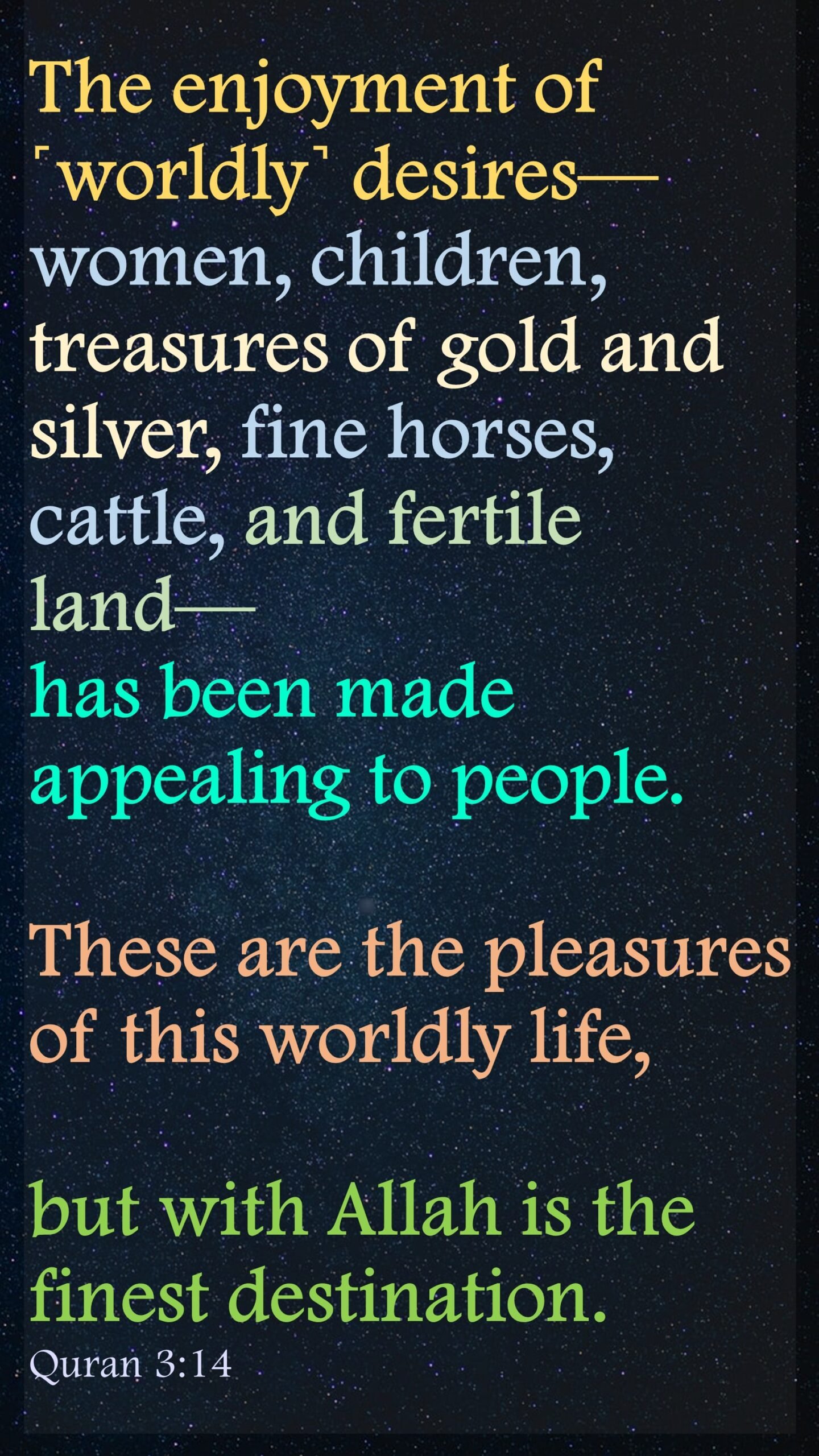Skip to Content
Tag Archives: final
- Home -
- Posts tagged "final"
1
Aug, 2024
Islam, Quran
040, 1, 2, Accepter, All-Knowing, Almighty, alone, ayat, book, Bounty, daily, final, Forgiver, Ghafir, Ha-Mim, Infinite, inspirations, islam, islamic, Muhammad, no god except Allah, Punishment, quran, repentence, return, revelation, Severe, sin, Surah, worship
28
Mar, 2023
Islam, Quran
Abraham, Al-Mumtaḥanah, All-Seeing, Allah, always, ayat, cannot, Chapter 60, children, daily, day, decide, disassociate, enmity, example, excellent, father, final, forgiveness, hatred, Ibrahim, idols, inspirations, islam, islamic, judgement, Lord, not, protect, quran, reject, relatives, return, Surah, trust, turn, Verse 3, Verse 4, الممتحنة
28
Oct, 2022
Islam, Quran
appeal, ayat, cattle, chapter 3, children, daily, desire, destination, final, horses, inspirations, islam, islamic, land, pleasures, quran, Surah, Verse 14, women, worldly
9
Aug, 2022
Islam, Quran
Allah, ayat, daily, final, inspirations, islam, islamic, Life, quran, resurrection, return, Surah
5
Oct, 2021
Quran
Accepter, Allah, alone, ayat, Bounty, Chapter 40, daily, final, Forgiver, God, Infinite, inspirations, islam, islamic, no god except Allah, Punishment, quran, return, Severe, Surah, Verse 3, worship, worthy





